
Unique Animal Strains & Lines
- LucAb rabbit: produces antibodies with luciferase
- Hu rabbit: high antibody humanization
- HyImmune rabbit: enhanced immune response
- Customized Rabbit Line: gene knockout
- Alpaca
Applied StemCell (ASC) is a fast-growing gene and cell therapy CRO that continuously works to expand its technologies, services, and products to address the current and future needs of the industry and research community. ASC understands that monoclonal antibodies (mAbs) are essential for research and development, so we established and optimized a single B cell antibody discovery platform that can be used to generate high-quality rabbit or alpaca antibodies. Choose from our selection of unique rabbit strains/lines, or ask us about our customized gene knockout rabbit. You can select our classical or accelerated immunization protocol based on your timeline constraints. Once the immunization process is complete, our team conducts single B cell cloning and delivers 40 ELISA positive recombinant mAbs and a data report. You can screen and select your clones of interest, or ASC can complete the screening process for you (*additional fees apply). After antibody selection, our scientists sequence and produce the elected antibodies.
During your free consultation, our experts can help you design a flexible project outline that captures all of your requirements. Once the project design is finalized, you send us your antigen and we take care of the rest. ASC will have your rabbit monoclonal antibodies in just a few weeks.


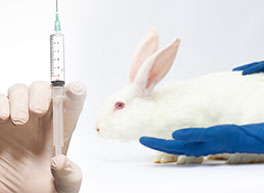
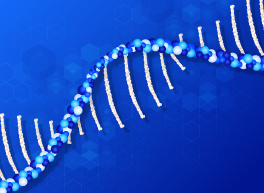
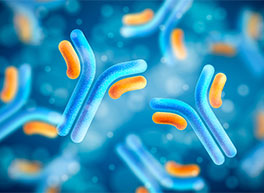
Why Rabbit & Alpaca?
| Rabbit mAbs | Alpaca mAbs |
|
|
Service Overview

|
Stage 1: Customer Provides Antigen |
Stage 2: Animal Immunization |
Stage 3: Single B Cell Cloning |
Stage 4: Customer In House Screening |
Stage 5: Antibody Sequencing & Production |
|
|
|
Additional Service: Assay Development |
|
Supplemental Information
Additional Services
|
Stage 0: Antigen Preparation |
Stage 6: Cell Line Generation & Assay Development |
|
|
Deliverables
| Stage 2 | Stage 3 | Stage 5 |
|
|
|
Sample Reports:
Rabbit Line: LucAb Rabbit
Reasons For Using the Rabbit Line: Luciferase allows quantification of antibodies and enables sandwich ELISA setup; Sandwich ELISA = used to detect ultrasensitive antibody pairs
Results: The antibody pair that we identified can be incorporated into a sandwich ELISA, and it can detect 0.5 pg/ml COVID-19 Nucleocapsid in human serum samples.
*Sensitivity is much higher than other products
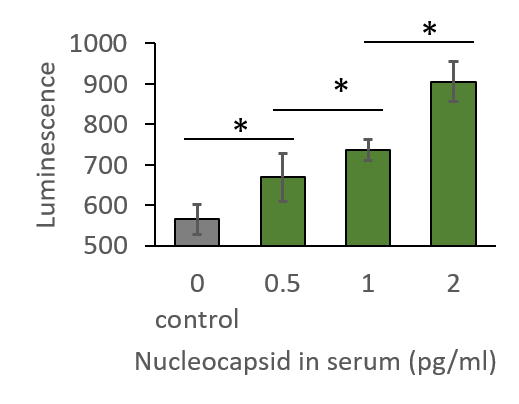
Figure 1: COVID-19 Antigen Detection by the ASC ELISA Kit. Low levels of COVID-19 antigen were detected in human serum samples with the ASC ELISA kit.
| Vendors | Detection Limit |
| Applied StemCell |
0.5 pg/ml |
| Competitor A |
70 pg/ml |
| Competitor B |
~1000 pg/ml |
| Competitor C |
70 pg/ml |
| Competitor D | 46.68 pg/ml |
| Competitor E |
120 pg/ml |
| Competitor F | 3.2 pg/ml |
| Competitor G |
780 pg/ml |
| Competitor H |
21.4 pg/ml |
*Table 1: Low Detection Limits of Other Vendor ELISA kits.
Rabbit Line: Hu Rabbit
Reasons For Using the Rabbit Line: The antibodies produced by the Hu rabbit are more like human antibodies because they do not contain the disulfide bond found in most regular antibodies.
*Antibodies can be humanized successfully
Results: 11 bioactive mAbs detected; The 11 mAbs can be engineered into chimeric antibodies that hold human constant regions while maintaining high affinities (10x higher than Avastin)
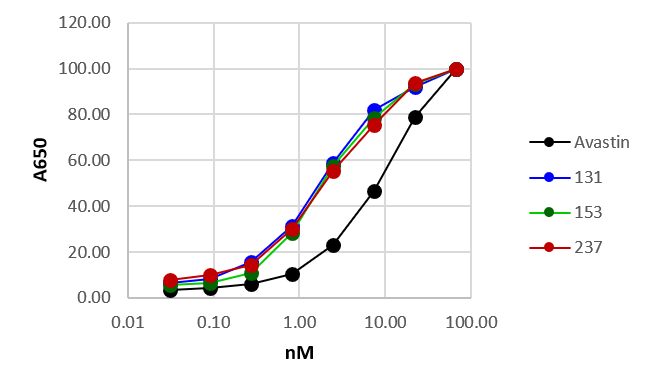
Figure 2: Antibody Affinity. Bioactive, chimeric antibodies display higher affinities than Competitor I.
|
# mAbs expressed: 150 |
|
# high-affinity mAbs: 43 |
|
# Bioactive mAbs: 11 |
|
# Bioactive chimeric: 11 |
Table 2: Breakdown of Antibodies Expressed. Out of the 150 expressed mAbs, 43 were high-affinity antibodies. 11 bioactive antibodies were identified which can be engineered into chimeric antibodies.
Rabbit Line: HyImmune Rabbit
Reasons For Using the Rabbit Line: Rapid production of small target antibodies
Results: Several fentanyl antibodies were discovered.
*These antibodies were used to develop the ELISA kits. The ASC ELISA kit standard I-50 measurement was 10x more sensitive than other ELISA kits. The kit was even able to detect fentanyl derivatives.
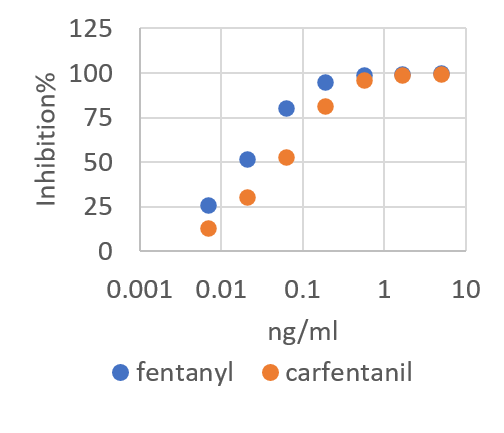
Figure 2: ASC ELISA Kit I-50 Measurements.
| How Our ELISA Kit Compares to Others |
|
ASC ELISA kit
|
|
Competitor J ELISA kit
|
Table 3: How the ASC ELISA kit I-50 Measurements Compare to Other Kits. The ASC ELISA kit is 10x more sensitive.
Rabbit Line: Gene Knockout Rabbit
Reasons For Using the Rabbit Line: Knockout of the endogenous homolog protein generates an "all epitope targeting" environment for antibody production. This increases the rate of bioactive antibody identification.
* We can generate multispecific antibodies for pre-clinical animal experiments
Results: Antibodies with high bioactivity were identified. These antibodies cross-react with both human and mouse targets.